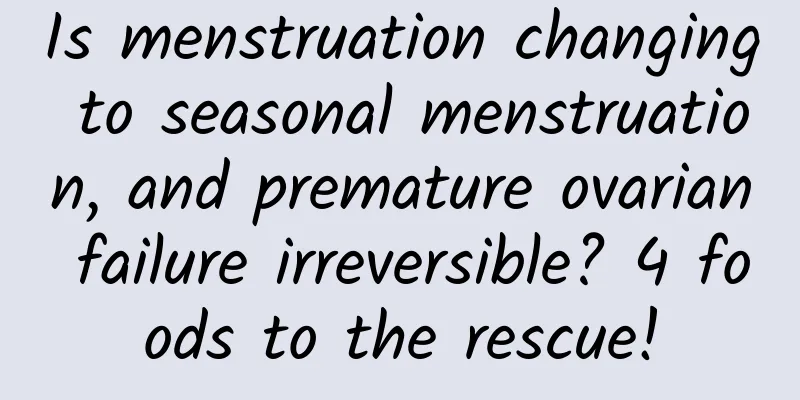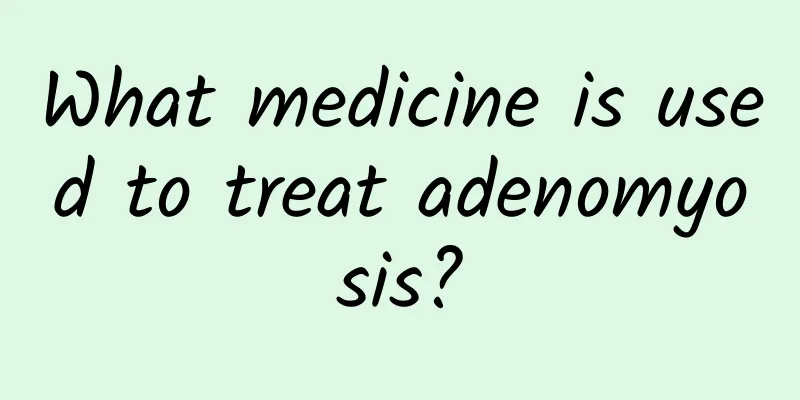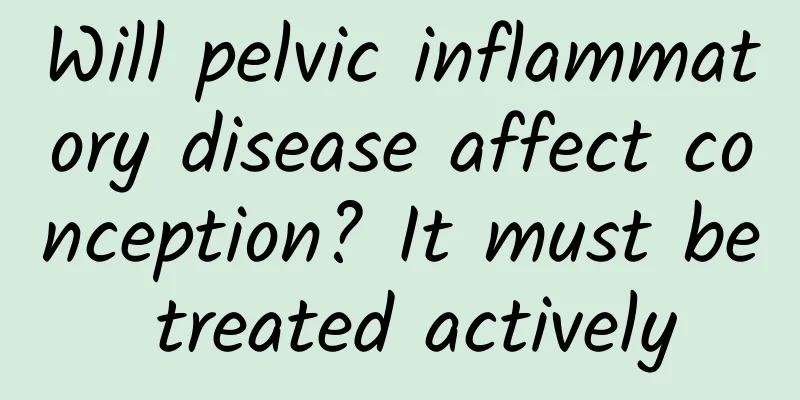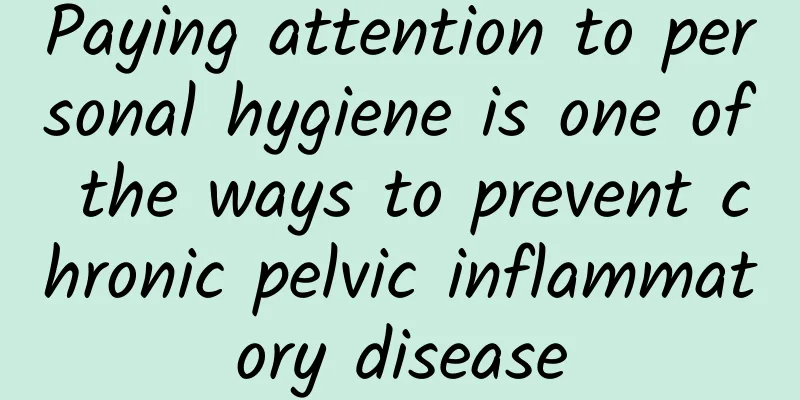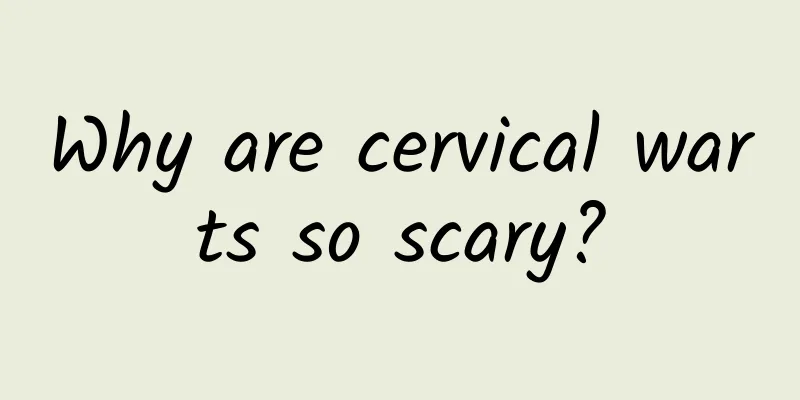Can drinking coffee cause esophageal cancer? Nutritionist: Here are the four real cancer killers

|
Esophageal cancer, known as the "king of cancer", is a very scary disease. People have begun to pay attention to the relationship between diet and the risk of esophageal cancer. There is even a saying circulating on the Internet that "drinking coffee can cause esophageal cancer", which makes people worry about the truth. In addition to this legend, it was also widely circulated on the Internet: "Intake of more than 500 mg of caffeine per day can easily lead to breast fibrocystic disease and breast cancer." Can drinking coffee really cause these two cancers? Let’s hear what the nutritionist has to say. The three biggest killers of esophageal cancer: champagne, pennyroyal, and wine What are the risks of esophageal cancer? Esophageal cancer can be divided into two categories: one is esophageal squamous cell carcinoma, and the main known risk factors are "ABCD", namely drinking, eating betel nuts, and smoking (commonly known as incense, betel nuts, and wine); the other is esophageal adenocarcinoma, and the risk comes from long-term gastroesophageal reflux, which causes epidermal degeneration and cancer, as well as Barrett's esophagus, which is unfamiliar to most people and can also cause precancerous lesions and develop into esophageal adenocarcinoma. To prevent esophageal cancer, we must first avoid the above-mentioned risk factors, especially not smoking, drinking and chewing betel nuts. This is not only an important key to preventing esophageal cancer, but avoiding these three hobbies can also prevent the occurrence of many cancers. In addition, eat more vegetables, fruits, foods containing vitamin C, etc. to reduce the incidence of esophageal cancer. Coffee itself does not cause cancer, so avoid drinking it at "too high a temperature" As for, does drinking coffee really cause esophageal cancer? Nutritionist Gao Minmin said that according to the International Agency for Research on Cancer (IARC) under the World Health Organization (WHO), a team of 23 top scientists from 10 countries around the world was formed in recent years to review more than 1,000 research reports in the past. After making a major statement, the World Health Organization has removed coffee from a Class 2B carcinogen and downgraded it to Class 3 (cannot be classified as a human carcinogen)! However, the World Health Organization stated that although coffee itself does not cause cancer, long-term drinking of "too high temperature" coffee may be related to certain cancers. The esophagus can tolerate temperatures below 60 degrees Celsius. If you frequently drink scalding beverages above 65 degrees Celsius, you may directly burn the epidermal mucosal cells of the esophagus. Repeated burns, inflammation, and scabbing can easily lead to mucosal tissue lesions. It's not that coffee causes cancer. Hot drinks above 65 degrees Celsius have a risk of cancer. There is not enough evidence that coffee may cause cancer, and other scientists have pointed out that drinking "too hot (>65 degrees C)" is one of the causes of cancer, not the drink itself. Generally speaking, the esophagus can tolerate temperatures below 60 degrees Celsius. If you frequently drink scalding beverages above 65 degrees Celsius, you may directly burn the epidermal mucosal cells of the esophagus. Repeated burns, inflammation, and scabbing can easily lead to mucosal tissue lesions and may cause esophageal cancer. [Nutritionist’s Tips]: Nutritionist Gao Minmin said that to prevent esophageal cancer, in addition to avoiding overly hot and rough foods, you should also pay attention to chewing slowly and not eating too fast. You should also avoid excessive drinking and smoking to reduce irritation and damage to the esophageal mucosa. The fundamental way to stay healthy is to start with diet and lifestyle habits. The World Health Organization has removed coffee from a Class 2B carcinogen and downgraded it to Class 3 (cannot be classified as a human carcinogen)! Let’s look at another rumor on the Internet: “Consuming more than 500 mg of caffeine a day can easily lead to breast fibrocystic disease and breast cancer.” Breast fibrocystic disease is a benign change in breast tissue, a non-malignant lesion. Therefore, under normal circumstances, there is probably no concern about cancer. According to a systematic review published in 2013 on the relationship between caffeinated foods such as coffee, chocolate, and tea and breast diseases, it was also pointed out that excessive caffeine intake has no relationship with the formation of breast fibrocystic lesions and breast cancer. Carcinogens are divided into 4 levels representing food The International Agency for Research on Cancer (IARC) classifies carcinogens into the following four levels from severe to mild based on the sufficiency of research evidence: 【Level 1: Determined to be a carcinogenic factor】 Examples include tobacco (smoked or chewed), betel nut, formaldehyde, diesel engine exhaust, asbestos, mustard gas, gamma rays. [Class 2A: Highly likely to be a human carcinogen] For example: sun lamps, ultraviolet radiation, substances released by high-temperature frying. [Class 2B: Possibly a human carcinogen] For example: styrene, gasoline engine exhaust, welding fumes, extremely low frequency electromagnetic waves (for childhood leukemia). 【Level 3: Not classifiable as a human carcinogen】 For example: coffee, toluene, ampicillin (a type of penicillin), hypochlorite. [Level 4: Highly likely to be a non-human carcinogen] For example: caprolactam (intermediate raw material for synthesizing nylon plastic). |
>>: 3 keys to making your child superior! Nutritionist: Sleep, calcium and vitamin D are essential
Recommend
Case interpretation: What are the symptoms of congenital absence of vagina?
What are the characteristics of female patients w...
What causes irregular menstruation? How should women regulate irregular menstruation?
Menstrual disorders are a common disease among wo...
What are the diagnostic criteria for uterine fibroids?
The clinical manifestations of uterine fibroids o...
What are the preventive measures for pelvic effusion?
Pelvic effusion is a manifestation rather than a ...
The most common manifestations of vulvar leukoplakia
Among many gynecological diseases, vulvar leukopl...
Where is the best place to treat endometriosis?
Since women are more likely to suffer from endome...
The main causes of vaginitis in teenage girls
When it comes to vaginitis, many people think tha...
How long does it take to get your period after an abortion?
Depending on the woman's individual constitut...
Aerobic exercise + unsweetened green tea reduces waist circumference by 2 inches
Some people can see results in just one month and...
How long does it take for menstruation to last after ovarian cyst surgery?
How long does menstruation last after ovarian cys...
What is the fastest way to treat dysmenorrhea
Dysmenorrhea is a problem that many female friend...
What medicine can stop menstruation?
Drugs that stop menstruation do exist, but they n...
Matcha pudding is super popular! Follow the nutritionist's DIY and don't be afraid of falling into the oil and sugar crisis!
A well-known coffee shop chain launched matcha pu...
Lose 25 kg in 1 year! Diabetes doctors strongly recommend low-sugar lunch boxes, 5 tips to lose weight
People who are too obese are prone to diabetes, a...
What is the reason for irregular menstruation during lactation? There are two ways to use medication for irregular menstruation during lactation.
During the postpartum lactation period, whether o...
